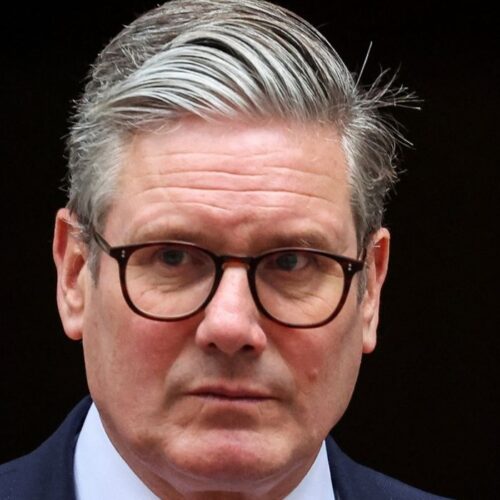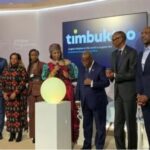
The Labour Party’s recent electoral victory in the United Kingdom has sparked considerable interest among political analysts and economic experts, particularly regarding its implications for Nigeria-UK relations. This change in leadership under Keir Starmer as the new British Prime Minister has raised questions about potential shifts in trade dynamics, immigration policies, education opportunities, and development assistance.
The UK’s longstanding relationship with Nigeria—Africa’s most populous country—encompasses robust trade, significant capital importation, and extensive migration. Analysts suggest that the Labour Party’s approach could redefine this bilateral relationship in both opportunities and challenges.
Economic Ties and Trade Dynamics
Trade between Nigeria and the UK has been vibrant over the years. According to data from the National Bureau of Statistics (NBS), Nigeria exported over ₦1.41 trillion worth of goods to the UK in 2023 alone, underscoring the UK’s importance as a trade partner. Similarly, imports from the UK stood at ₦688.19 billion during the same year, demonstrating a thriving bilateral trade balance.
Additionally, the UK’s role in capital importation to Nigeria has been substantial. Between 2019 and 2024, the UK consistently accounted for a significant share of foreign investments entering Nigeria. For instance, in the first quarter of 2024, the UK contributed 53% of all capital inflows, reinforcing its economic influence on Nigeria’s financial landscape.
Immigration and Labour Market Expectations
Immigration policies under the Labour government could see a more progressive outlook. Historically, the Labour Party has adopted a more open stance on immigration compared to the Conservatives. Misbâu Alamu Lateef, a lecturer at the University of Hull, opines that Labour may ease immigration processes for skilled workers, potentially benefiting Nigerians seeking opportunities in the UK.
This optimistic outlook aligns with the recent trend of Nigerian migration to the UK. Between June 2022 and 2023, approximately 141,000 Nigerians relocated to the UK, making them the second-largest non-EU migrant group in the country.
Educational and Developmental Implications
The UK remains a prime destination for Nigerian students pursuing higher education. In addition to academic opportunities, the UK has historically provided scholarships such as Chevening, as well as development assistance. In 2023, the UK extended humanitarian aid worth £38 million to Nigeria’s conflict-affected North-East region.
However, development financing under the new Labour government might not see significant changes. The Centre for Democracy & Development (CDD-West Africa) highlighted the continued impact of the 2020 merger between the UK’s Department for International Development (DFID) and the Foreign Office, which reduced foreign aid commitments. While Keir Starmer initially suggested revisiting this merger, recent indications from Labour signal it may remain unchanged.
Potential Policy Shifts and Mixed Reactions
While analysts anticipate Labour’s governance to prioritize inclusivity and workers’ rights, some believe critical policies of the previous Conservative government, such as its stance on foreign aid and the Ukraine-Russia conflict, may persist. Banwo Afolagbade from the UK Department for Work and Pensions believes Nigerians in the UK could benefit from improved employment rights and better access to social services under Labour.
Nevertheless, the Centre for Democracy & Development urges caution, noting that the broader implications of Labour’s policies remain uncertain. Despite Labour’s potential for progress in immigration and job creation, its stance on development finance and aid may reflect continuity rather than change.
Conclusion: Strategic Adaptation for Nigeria
The Labour Party’s victory underscores the need for Nigeria’s policymakers to adapt and engage proactively with the UK’s new government. With opportunities for expanded trade, migration, and economic collaboration, the evolving Nigeria-UK relationship offers both nations the chance to deepen their ties while navigating the complexities of global economic and political dynamics.


